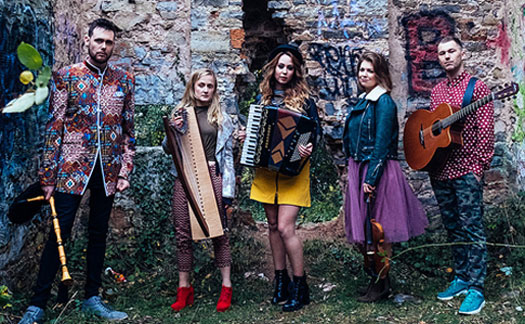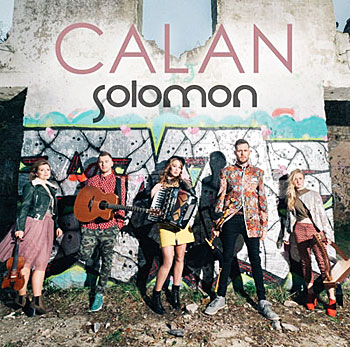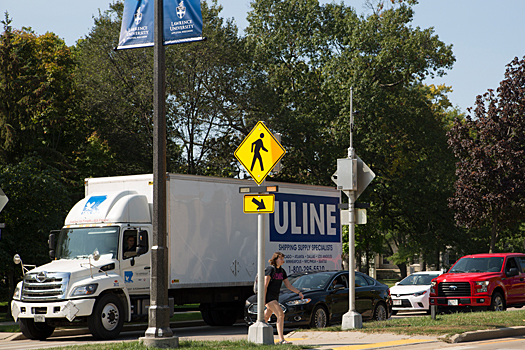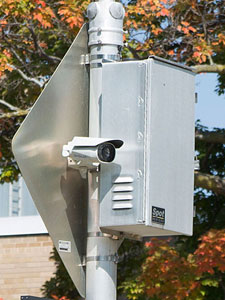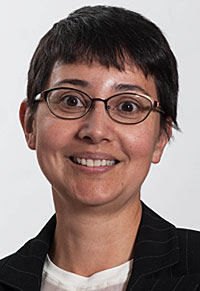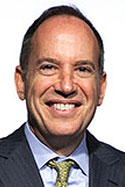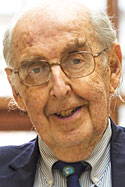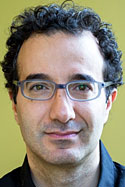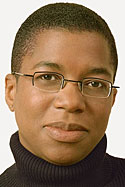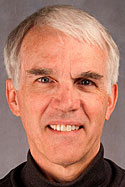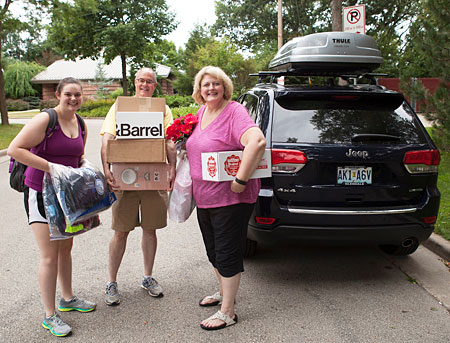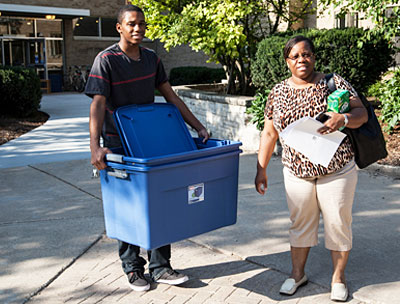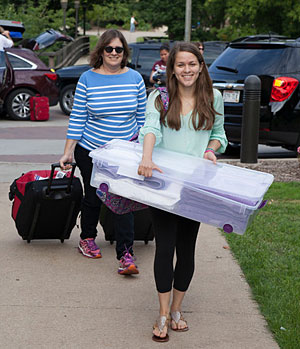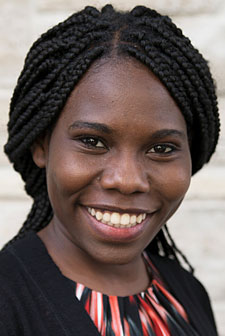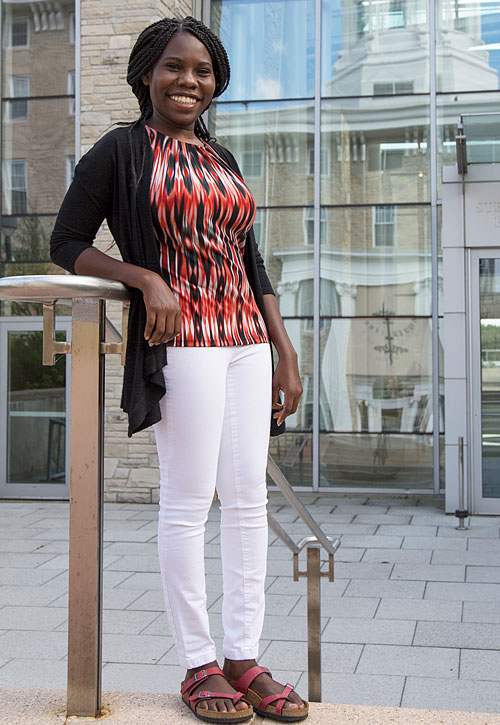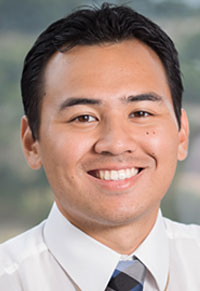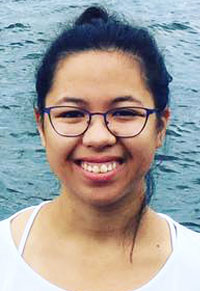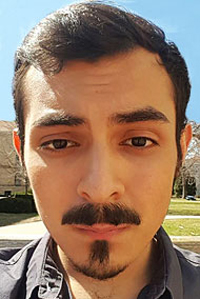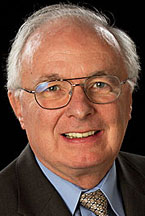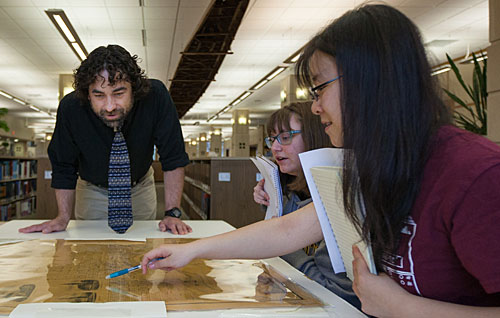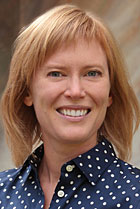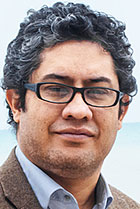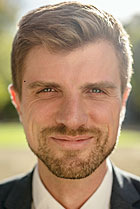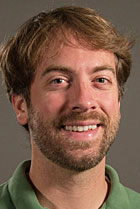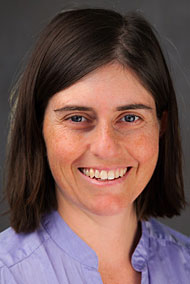
A lecture series examining issues related to cultural competency launched last year by Lawrence University returns Thursday, Sept. 21 with the opening program of the 2017-18 academic year.
Erin Buenzli, Lawrence’s director of wellness and recreation, presents “A Community of Self-Care” at 11:30 a.m. in the Esch-Hurvis Room of the Warch Campus Center. The program is free and open to the public.
Underscoring the importance of taking care of ourselves as well as others for the betterment of the campus community and society, Buenzli, will discuss campus resources available for creating an inclusive wellness culture where each person’s unique needs are recognized and nurtured in their individual pursuit of wellness.
![]() She also will examine ways each members of the Lawrence community can take part in the shared responsibility of creating a culture of compassion, empathy and self-care.
She also will examine ways each members of the Lawrence community can take part in the shared responsibility of creating a culture of compassion, empathy and self-care.
The cultural competency lecture series is sponsored by the Office of Diversity and Inclusion.
About Lawrence University
Founded in 1847, Lawrence University uniquely integrates a college of liberal arts and sciences with a nationally recognized conservatory of music, both devoted exclusively to undergraduate education. It was selected for inclusion in the book “Colleges That Change Lives: 40 Schools That Will Change the Way You Think About College.” Engaged learning, the development of multiple interests and community outreach are central to the Lawrence experience. Lawrence draws its 1,500 students from nearly every state and more than 50 countries.
